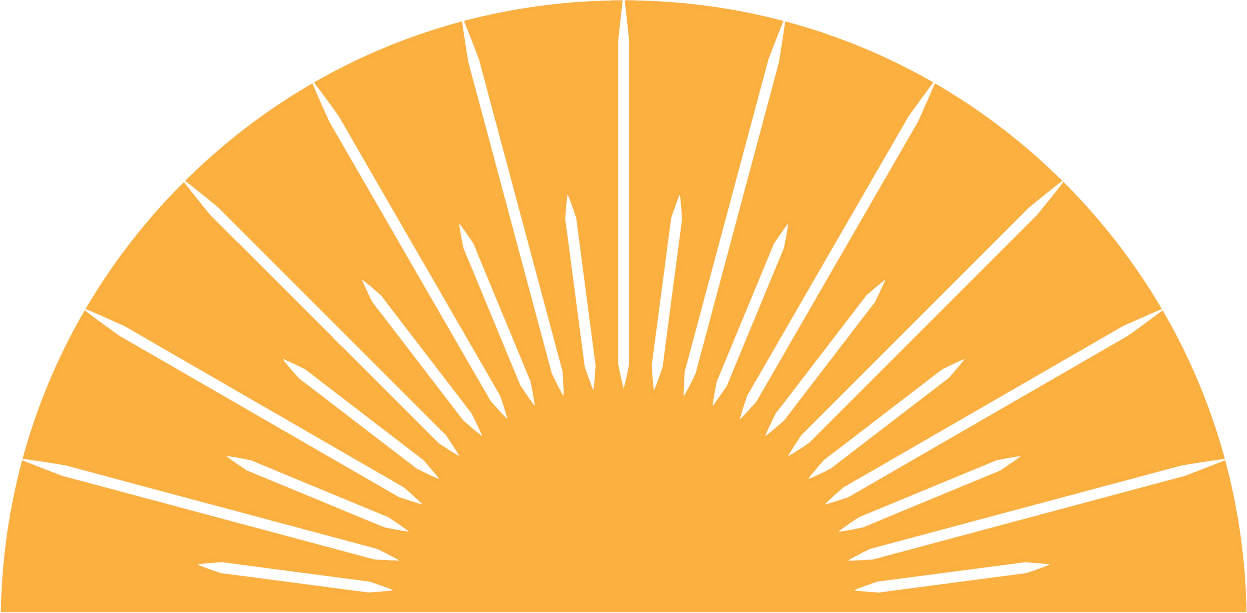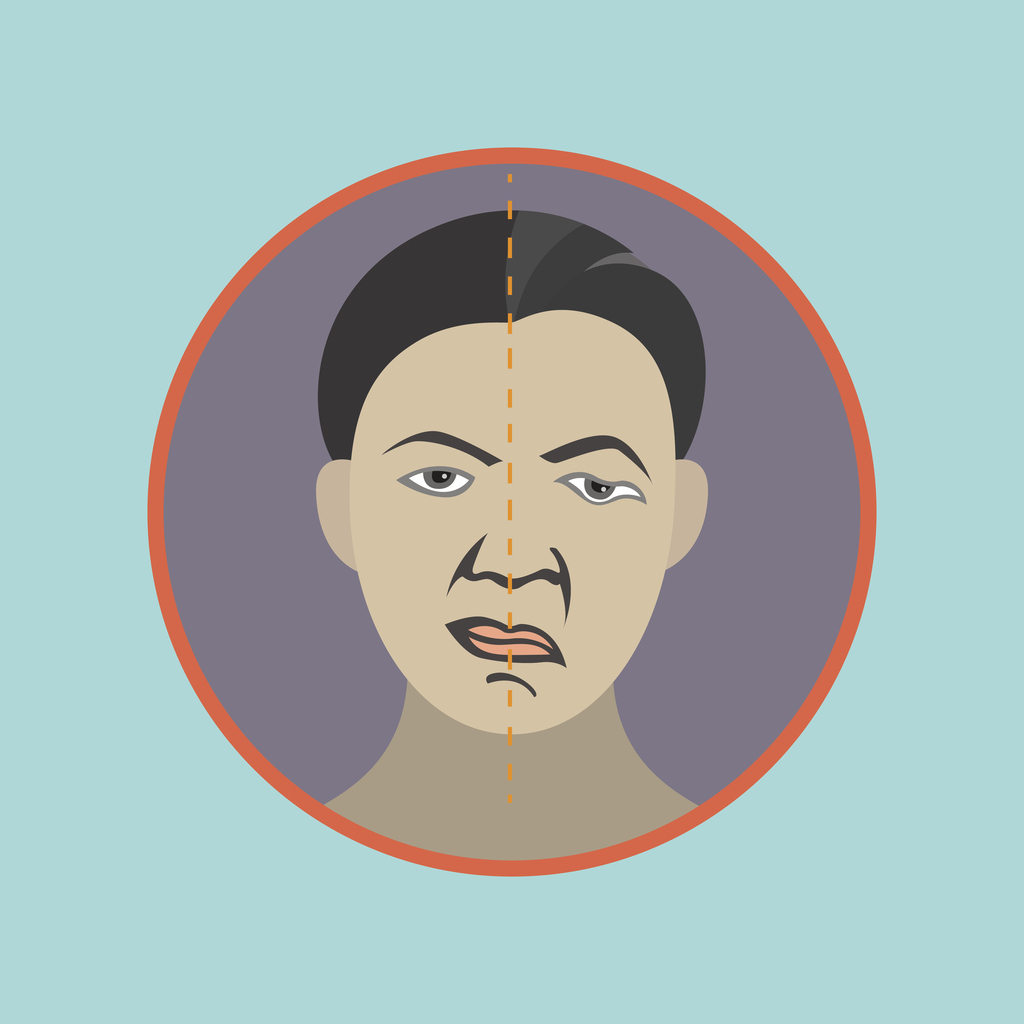
Bell’s Palsy and Acupuncture: A Natural Treatment Option
Understanding Bell’s Palsy
Bell’s Palsy is the most common cause of facial paralysis. If you are part of the 29% of patients whose facial symptoms persist, then you may have found that Western medicine has little to offer. When common treatments such as corticosteroids, antivirals, physiotherapy and surgery don’t work, or work only partially, there is reason to include acupuncture as part of your treatment plan. In China, for example, Bell’s Palsy is much more common, and for centuries it has been treated using the ancient practice of acupuncture.
Why Consider Acupuncture?
Acupuncture is something you can do to help treat the symptoms of Bell’s Palsy, and it can be done by itself or in conjunction with drug treatments. If you are suffering from Bell’s Palsy, you should explore what acupuncture has to offer you.
What is Acupuncture
Acupuncture involves stimulating specific points on the body by inserting very thin, pre-sterilized, single-use needles through the skin.
What to Expect During an Acupuncture Session
- Session Length: A typical acupuncture session lasts between 20 and 40 minutes.
- Consultation: The first session includes a consultation to discuss your condition with the practitioner.
- Treatment: For the treatment, you will be asked to sit or lie down. The practitioner will then insert the needles into the specific acupuncture points that will help address your condition.
- Technique: The needles are inserted to varying depths, depending on the points being stimulated. The needles may be twisted or stimulated with a small electric current. Once the needles are in place, they are left there for between a few minutes and half an hour.
- Sensations: There should be no significant pain when the needles are inserted. You may feel a faint tingling sensation or a dull ache, but it is not especially unpleasant.
How Does Acupuncture Work?
Traditional Chinese Medicine (TCM) Perspective
Acupuncture is part of Traditional Chinese Medicine, which has been evolving for the past 4,000 years. Practitioners who adhere to the traditional beliefs surrounding the practice explain that it works by unblocking the life force (or Qi, pronounced “chee”) that flows through the body. The belief is that illness is caused when Qi is unable to flow freely throughout the body. Once the flow is restored, so too is the patient’s health.
Western Medicine Perspective
Western medicine believes that acupuncture works because it stimulates the body to produce more natural substances. It is especially good at stimulating the production of endorphins. Endorphins are sometimes referred to as “happy hormones”. They are responsible for making you feel good and are effective at providing pain relief.
Does Acupuncture Really Help Bell’s Palsy?
The use of acupuncture to treat Bell’s Palsy has been considered controversial in America by practitioners of Western medicine. In China, where Bell’s Palsy is far more common, acupuncture and Chinese herbs are widely used and available. Many studies suggest acupuncture is an effective treatment when performed in isolation; others suggest that it is best used as a complementary treatment, alongside the use of drugs. Other studies suggest that it has no beneficial effect at all.
In 2015, a group of doctors surveyed all the research done to date on the efficacy of acupuncture as a treatment for Bell’s Palsy. They reported that when they looked at the results of trials that collectively included a total of 1541 individuals (both adults and children), there was a statistically significant better outcome for those who were treated with acupuncture than those who received alternative treatments. Their findings suggest that acupuncture can be beneficial when used in isolation or as a complementary treatment.
The report also concluded that acupuncture is a completely safe treatment option for Bell’s Palsy, and that there was no evidence of it causing harm or side effects in patients, young or old.
How Much Treatment is Needed for Bell’s Palsy?
The sooner you start receiving acupuncture, the more effect it is likely to have. You would usually be advised to have two sessions per week to help deal with the symptoms. The number of sessions and how long it takes to resolve will depend on the individual. Your acupuncturist will be able to discuss this with you during your first session.
Related Posts
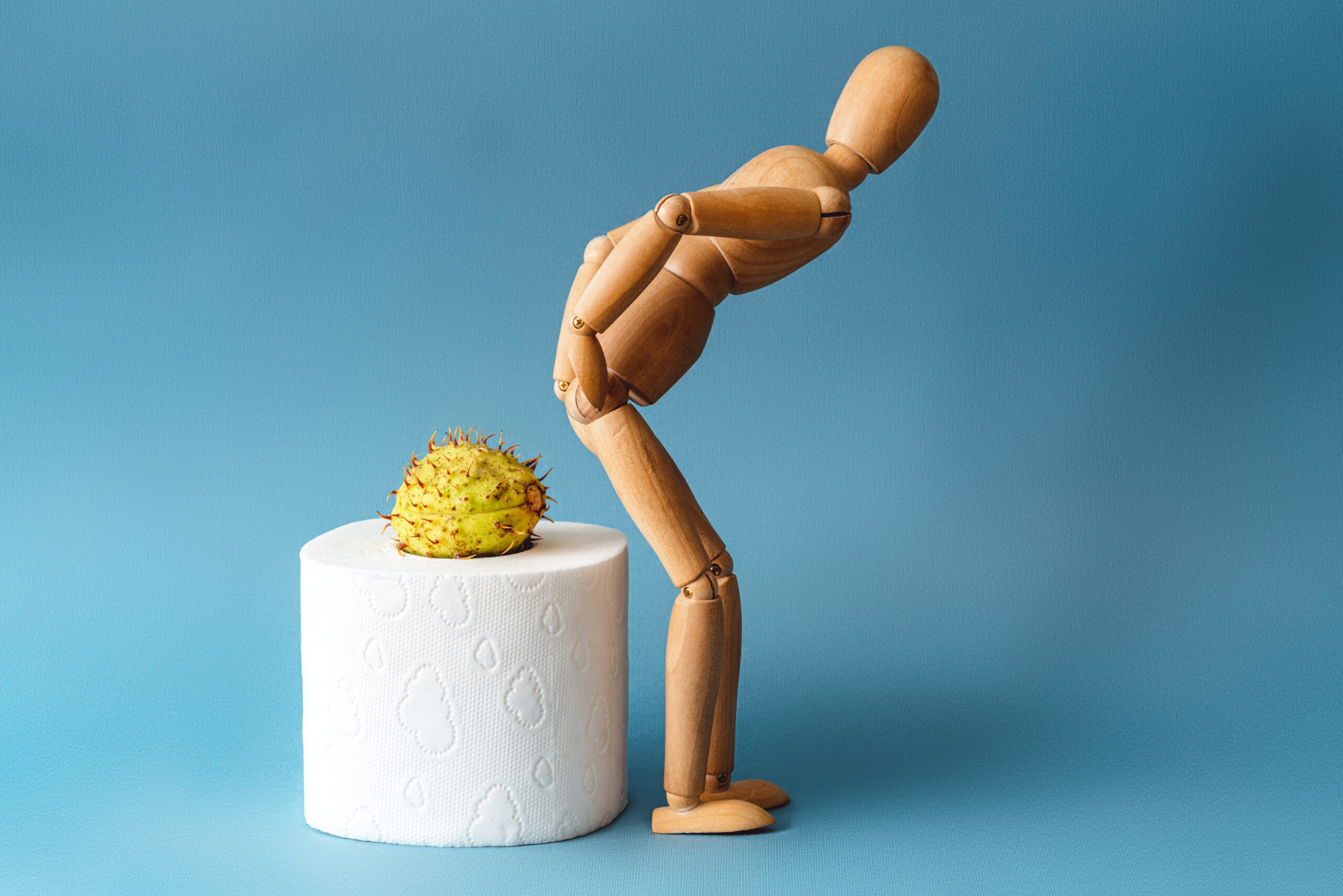
Wellness
3 min read
Having Hemorrhoids? Try Acupuncture!
Anyone who has ever experienced hemorrhoids will tell you what a ‘pain in the butt’ it can be. Surgery is only an option in the most extreme cases.
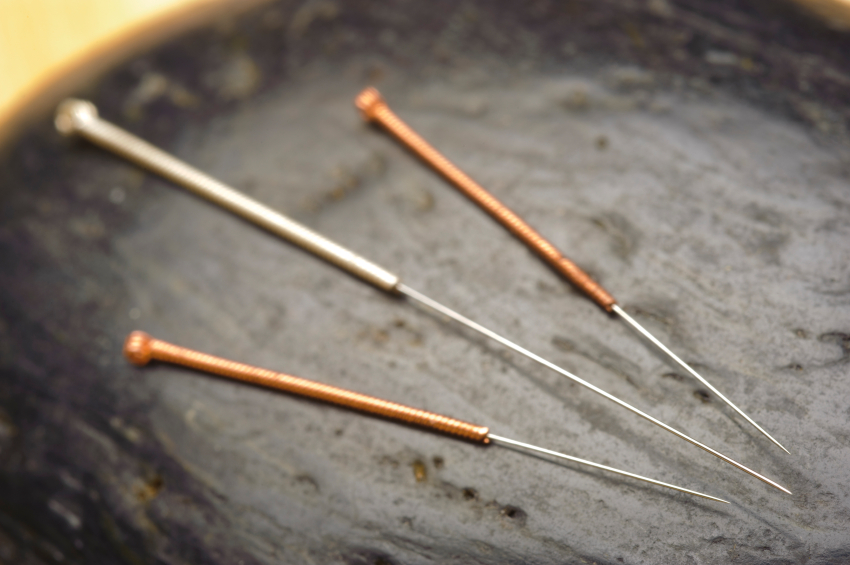
Treatment
3 min read
Acupuncture as Preventative Care
Acupuncture treatment can help to strengthen the immune system and leave patients feeling happier and healthier as a result.
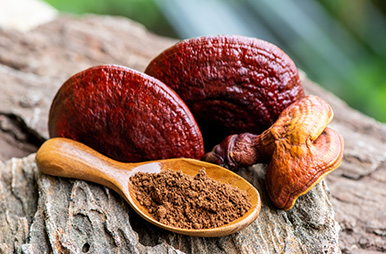
Nutrition
3 min read
The Amazing Benefits of Reishi Mushrooms
The Reishi mushroom is the superhero of mushrooms, with amazing benefits.
